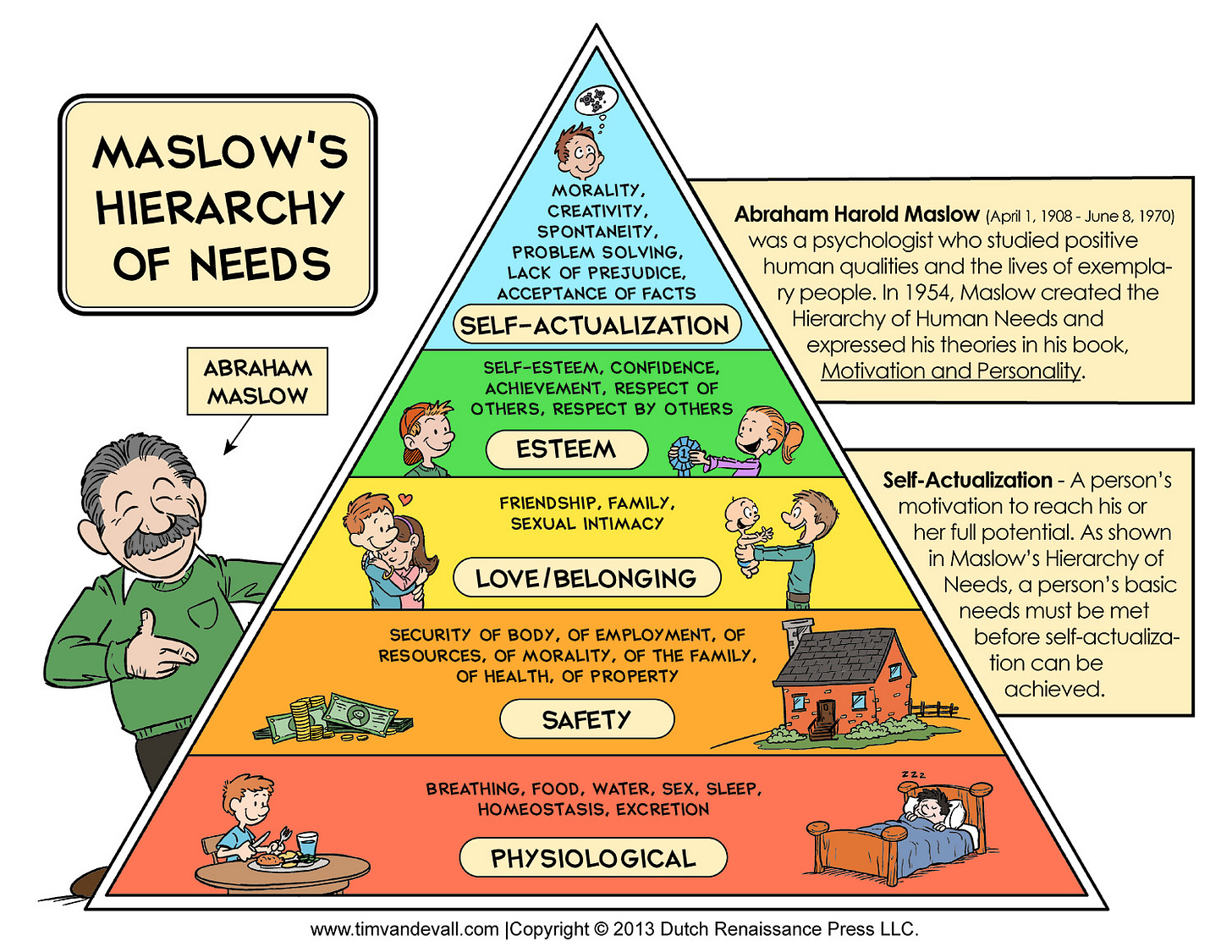Deep within us—no matter who we are—there lives a feeling of wanting to be lovable, of wanting to be the kind of person that others like to be with. And the greatest thing we can do is to let people know that they are loved and capable of loving. – Fred Rogers
Everyone deserves to know they are loved.
Hallmark sentiments, I know, but I have to wonder if the ills of the world might be rectified if everyone truly did know they were loved. I suppose that is what bleeding heart liberals—like myself—are reaching for when we propose ideas to level playing fields, bring relief to the poor, advocate for justice for all, suggest society do more for the least among us, and do it first and foremost. Us bleeding heart liberals are imagining a world free of want, a world where the only ones struggling to survive are contestants on reality television series and adventurists who have brought it upon themselves.
I feel I am a product of just that sort of ‘system’.
I grew up knowing I was unconditionally loved. By both my parents and, in a more oblique fashion, my siblings. That, no matter my faults, misjudgments or failures, I was supported, accepted and cheered on. I never doubted or wondered about my place in the world.
My education was predominantly paid for by government programs, like Pell grants, work/study employment but—initially—by whatever my parents could scratch together. Of course, my early education was covered by property taxes. No one questioned the efficacy of that.
My business might not have got off the ground if one of my professors had not been willing to lay his neck on the line and offer his freshly moved in suburban home to be used for collateral for some desperately needed equipment. Not much longer after that my brother-in-law offered to co-sign a loan—for some additional desperately needed equipment—though I am sure my incredibly supportive sister had to resort to some kind of backroom deal. It wasn’t much longer after that my cash-strapped father pulled some of his money out of savings to help me complete a deal for a river permit in Idaho.
As many a wise person has pointed out, we stand on the shoulders of those who came before us. We offer a hand up to those below us, we often take the hand offered to us from those above us. There’s no shame in any of this, though I will be the first to admit how difficult it can be to accept such generous offers. The great responsibility I feel upon grasping the ‘hand up’.
I use my own past as an example because I honestly see my circumstances as someone living along the median—or even lower—who has made their way through the world on the barest of margins. The joke about people like George Bush was that they were “born on third base and thought they hit a triple.”
For most of us, it’s more like we’re born in the dugout wondering if we’d ever make it onto the field and get to play.
I know these are foolish thoughts. I know I was blessed with advantages many people do not have. I know that love—of any kind—is hard to come by when you are scrabbling to merely exist. Love is an afterthought when you’re anxious about money, security, freedom, a roof over your head. Abraham Maslow was going on about all of this almost a century ago. You have to take care of those two lower tiers of Maslow’s hierarchy of needs before you ever get to love and belonging.
I guess my thoughts are that it seems like a possibility to create a world that more readily meets those needs. My experience indicates it’s not that far off, and shouldn’t cost a fortune. I think those driven by an insatiable desire for more are convinced everyone is driven by that same insatiable desire and so they are inclined to “pull up the drawbridge” in any way they can. They fear scarcity or loss if they don’t, even though I’d wager that the majority of us would settle on “just enough”, and leave those insatiates to their 12 car garages, Malibu mansions and open tabs in a Las Vegas strip club.
The pandemic threw our world into a new light.
It uncovered how precarious the two lowest layers of Maslow’s needs are for many Americans. It exposed how much we really do need human interaction. It forced us to be creative. It turned a spotlight on our capabilities in an emergency situation as a nation (and it turned out we were woefully ill-prepared). It probably changed the way we view work forever. It should have lay bare how much society counts on “essential” workers, and that, perhaps, we need to take that into account before the next pandemic occurs.
(Of course, the cynic will say, it’s just made the moneyed elite realize how much more they should be investing in robotics and artificial intelligence.)
Nearly five decades playing around with the idea that if a country can foster a relative few with an absurd amount of money, that wealth will slowly makes its way down to the ‘Great Unwashed’.
We have the state of America today to show for it. . .
Enormous wealth gaps. Undrinkable water in major cities. Infrastructure decades behind its expiration date. Urban areas—the only places equipped to help—being overrun with makeshift tent and shelter communities and people living out of their vehicles. A populace on a powder keg of dangerous misinformation following criminals who just want to take advantage of their gullibility.
There was never a time when America was great. There was never a ‘Great Society’, because the period we harken back to—post World War II when anything seemed possible and America was on a roll—not all Americans could take advantage of the largesse.
I was lucky. Not only was I born white, I was born to a family who made it a priority to take care of the bottom two rungs of the Maslow hierarchy of needs so they could concentrate on the unconditional love and belonging part. And maybe one or two of their offspring could make their way even higher up the pyramid. I’m sure they never realized—or verbalized—their intent. It was just a part of the so-called American Dream. But, effectively, that’s what it amounted to.
It’s high time we prioritize making that a possibility for all Americans.
Ever since Zombieland—one of two favorite zombie flicks, the other being Shaun of the Dead—I’ve been a fan of Emma Stone. I’ve also been a fan of this clip from The Tonight Show where she and Jimmy Fallon compete in a lip sync battle royale. Even if you have seen it previously, it’s worth another look. Enjoy!
(MetaTube appears to have the best version of their contest, so you will have to click on the image to get to the video.)
Also, since I’ve started down the road of celebrities singing, and since I was reminded recently of my own rocking out to the Ludacris song Get Back—which is quite….energetic….and I used that energy to help me muscle a raft across the swift currents of the mighty Colorado to retrieve a bunch of stranded hikers—I figured I should use that clip from the movie Tropic Thunder which was my original inspiration. (For the record, I am NOT recommending Tropic Thunder for your viewing pleasure.) This clip ranks right up there with Tom Cruise’s whitey tighty debut in the movie Risky Business.
“Alright. So, who’s the submarine commander?”
(NSFW version! Beware!)






